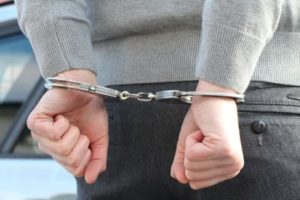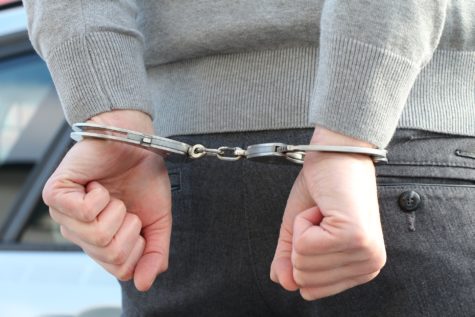EAST LANSING, Mich. — A good night’s sleep might prevent an innocent person from being accused of a crime.
According to a recent study out of Michigan State University, if an eyewitness gets some rest before being shown a lineup of suspects, they are significantly less likely to pick an innocent person. The researchers note this is important as about 70 percent of wrongful convictions in the United States result from incorrect eyewitness testimony.

“It’s concerning that more people aren’t making the correct decision during lineups; this suggests our memories are not super accurate and that’s a problem when you’re dealing with the consequences of the criminal justice system,” says study lead author Michelle Stepan in a press release. “Putting someone in jail is a big decision based on somebody’s memory of a crime.”
Working alongside MSU professor Kimberly Fenn, Stepan began the study by having some 200 people watch a video of a man planting a bomb on a rooftop. Twelve hours later, participants viewed one of two lineups: one included the man in the video, one did not.
One group of study participants viewed the lineups in the evening after watching the video in the morning. The other group viewed the lineups in the morning, after viewing the video at night and subsequently getting sleep.
The results? When shown the lineup without the perpetrator, participants who had slept picked an innocent person as the criminal 42 percent of the time. While this is a disturbingly high percentage, it pales in comparison to the participants who had not slept, as they fingered an innocent person 66 percent of the time.
In the lineup that did include the actual perpetrator, the two groups fared about the same — picking an innocent subject around 50 percent of the time.
According to MSU, Stepan, a doctoral student in psychology, said the experiment is the first scientific investigation of how sleep affects eyewitness memory of a crime.
However, in 2014, researchers conducted an experiment in which participants were shown photographs, such as a wallet being stolen. The participants either had a full night’s sleep or no sleep at all. The participants then read narratives describing the photographs with some deliberately misleading information included.
“We found that the participants who were sleep deprived were significantly more likely to incorporate parts of the misleading narratives into their memories for the photographs,” says researcher Steven Frenda in an article for The Dana Foundation.
Now an assistant professor at California State University, Frenda remains focused on similar work. At the time of their experiment on sleep and eyewitness testimony, he was working under Elizabeth Loftus, a professor of cognitive science and law at the University of California at Irvine.
A leading authority on the fallibility of memory, especially related to crime, Loftus said that 2014 experiment also had important implications for the justice system.
“This study makes me think about these grueling interrogations of suspects, which are known to go on for hours and hours into the wee hours of the morning. Those kinds of interrogations may ultimately lead to false memories or false confessions,” she says in The Dana Foundation article. “And I think law enforcement needs to be aware of this situation and maybe take extra steps to make sure not to do anything that is leading or misleading under those circumstances.”
Speaking of the more recent MSU study, Fenn likewise emphasized the importance of rest for eyewitnesses.
“In other words,” Fenn says, “sleep may not help you get the right guy, but it may help you keep an innocent individual out of jail.”
The MSU research team says their findings have since been replicated and they are continuing to conduct experiments exploring the effects of sleep on eyewitness memory.
According to The Innocence Project, eyewitness misidentification is the leading cause of wrongful convictions in the United States.
The MSU study findings were published recently in the journal PLOS ONE.

Caused in turn by admiration and fear of criminals.